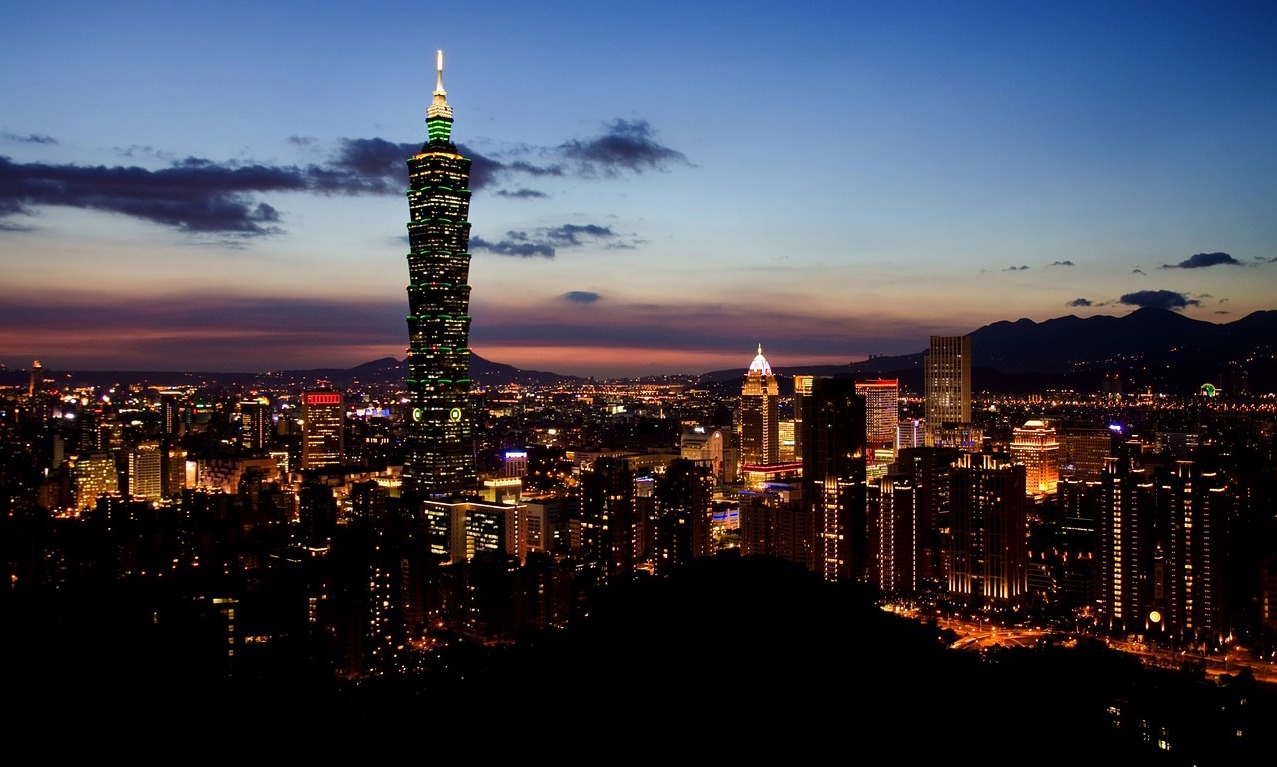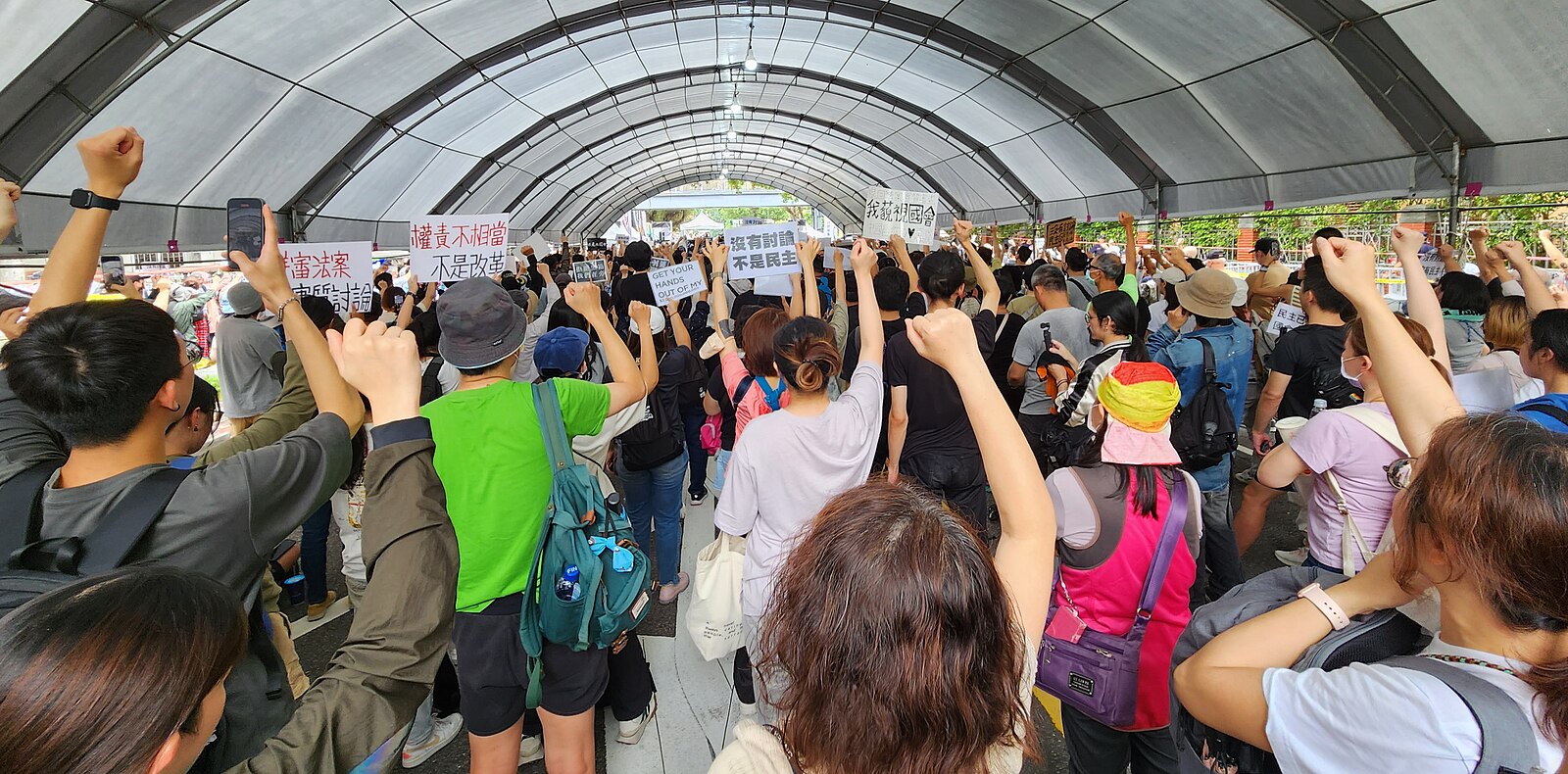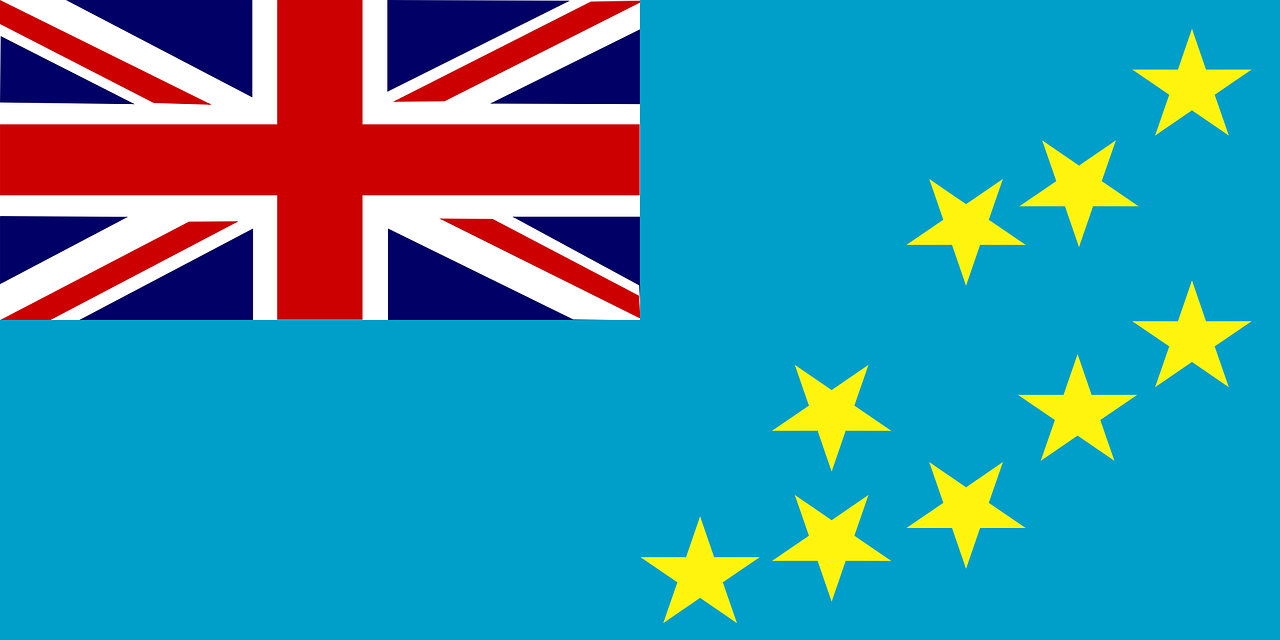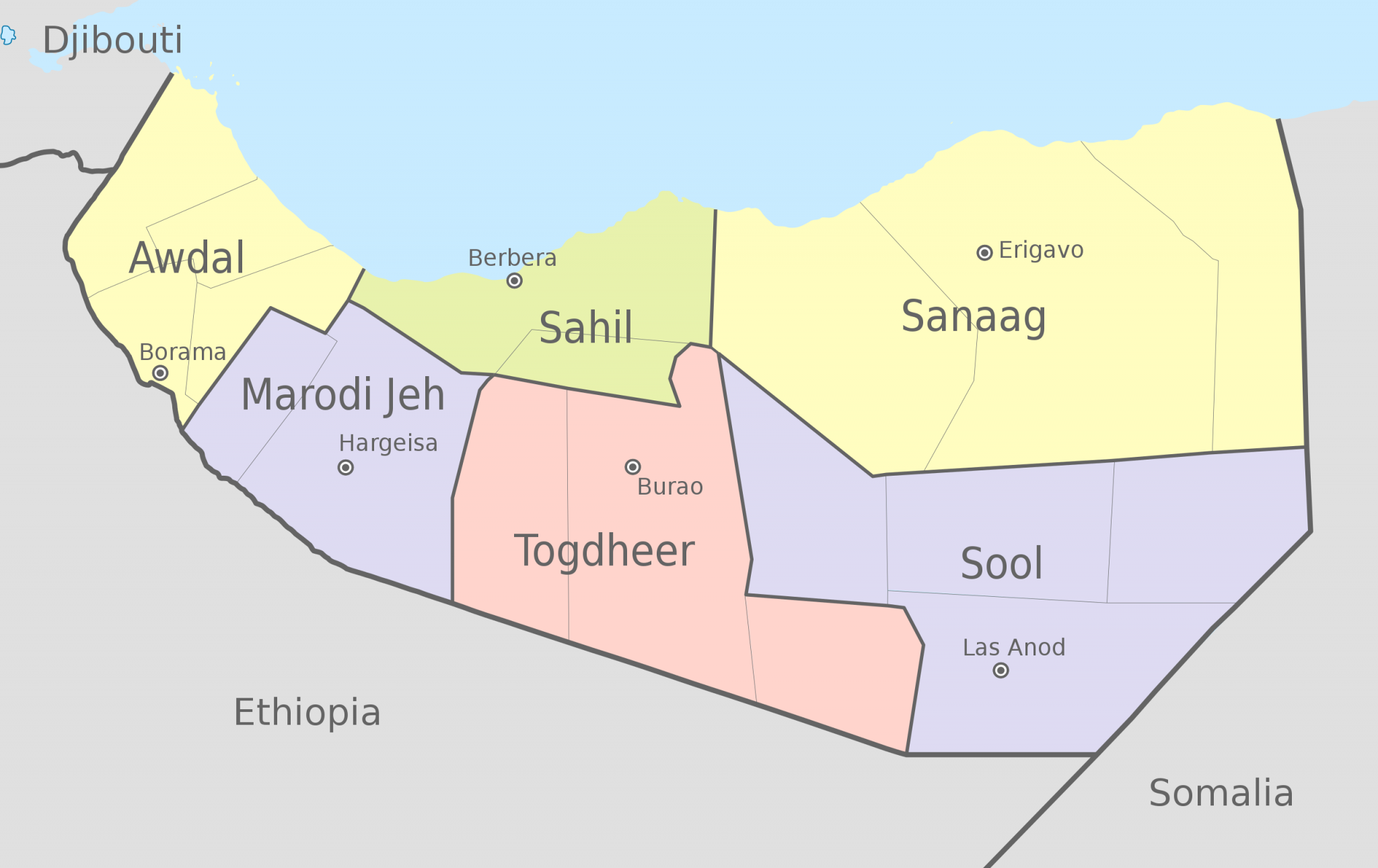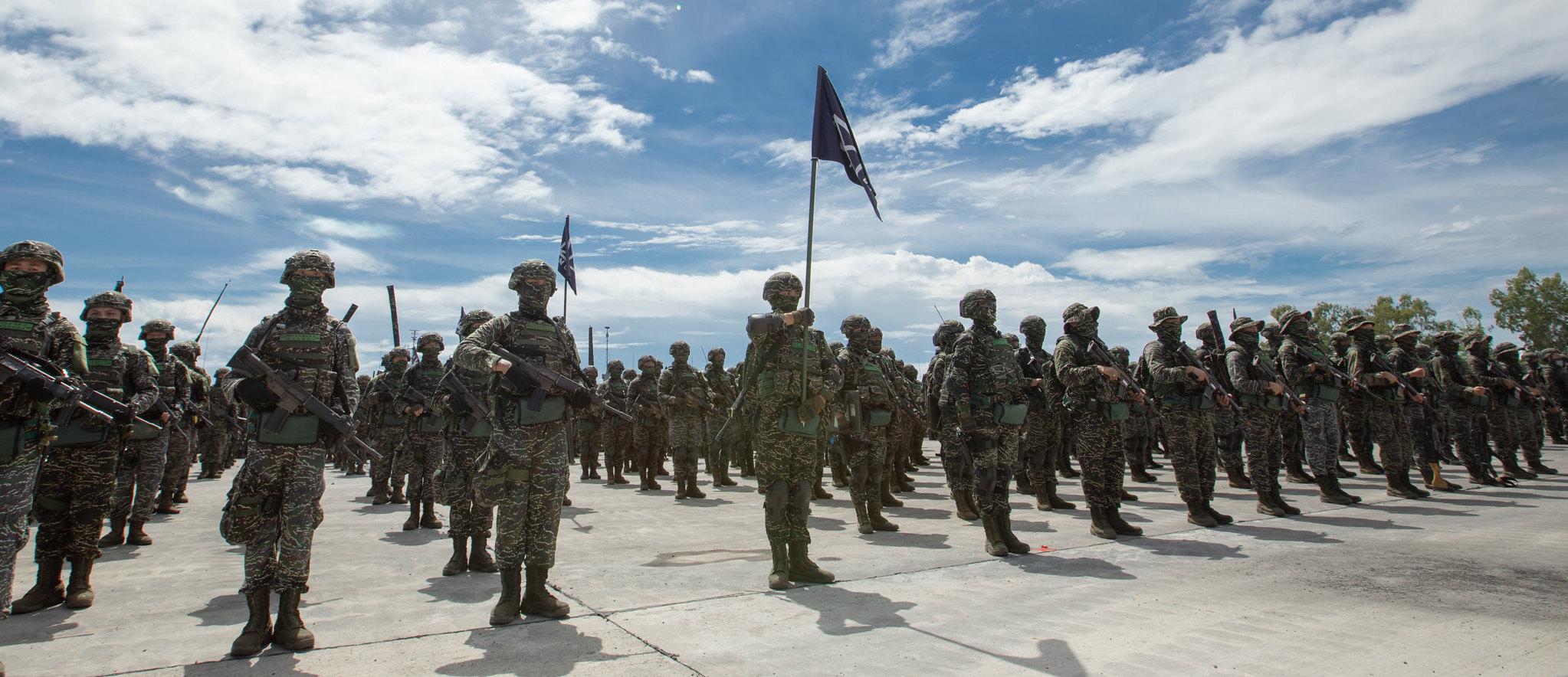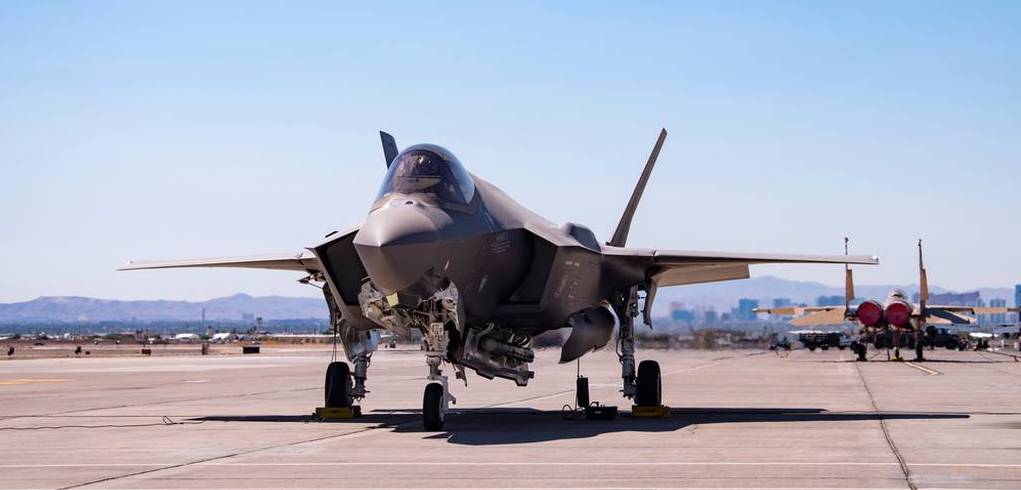
Demand China release detained Taiwanese publisher
Human Rights Watch expressed deep concern over the continued detention of Taiwanese publisher Li Yanhe in China since 2023, citing violations of freedom of expression and the right to a fair trial. For nearly two years, no official information was released about his case until Chinese authorities revealed in March that he had been secretly sentenced to an unspecified term. Li, who writes under the pen name Fu Cha, is editor-in-chief of Gusa Publishing, a Taiwan-based company known for producing books that critically examine the Chinese Communist Party and cover politically sensitive topics such as the Tiananmen Square massacre and human rights abuses in Xinjiang. Li was born in China, but moved to Taiwan in 2009 to establish Gusa Publishing. In 2023, he obtained Taiwanese citizenship, a process that required him to return to mainland China to formally cancel his household registration. During his visit to Shanghai, he was detained by Chinese police on allegations of “engaging in criminal activities to incite secession.” (Image: Gusa Publishing)



